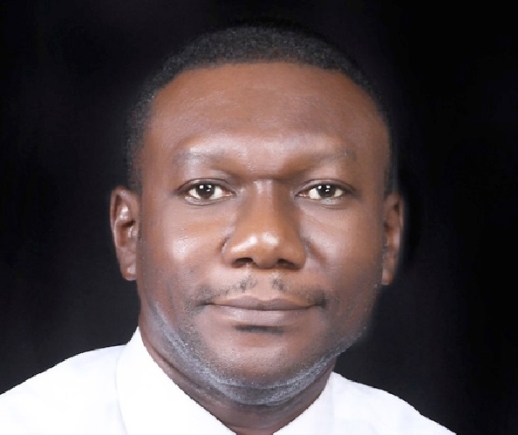
Spotting the hurdles: Why identifying risks matters in Ghanaian businesses
In the bustling markets of Accra or the cocoa farms of Ashanti, the rhythm of business is always in motion.
For a trader selling colourful kente cloths or a fisherman casting his net into Lake Volta, knowing potential challenges is as essential as recognizing the next big opportunity.
In the world of business, this foresight is called 'risk identification', and it plays a pivotal role, especially in Ghana’s thriving commercial scene.
Let's take a simple, everyday journey to understand this better.
The road trip analogy
Imagine you're setting out on a road trip from Kumasi to Tamale. Before you rev up your engine, you'd want to know about potential roadblocks, the condition of the roads, and places where you could refuel or rest. You wouldn't want to be caught off-guard by a sudden detour or a fuel shortage.
In the same way, Ghanaian businesses embark on their journey in the marketplace. Risk identification is like mapping out the road ahead. It helps businesses anticipate, prepare for, and navigate around any potential challenges or pitfalls.
Why identifying risks is crucial
1. Avoiding the unexpected: Like a sudden downpour during Harmattan, unanticipated business challenges can be disruptive. Early identification helps businesses prepare for these challenges, ensuring minimal disruption.
2. Optimizing resources: Think of it like packing for your trip. If you know there'll be long stretches without any eateries, you'd pack some snacks. Similarly, businesses that identify risks can allocate their resources, whether it's money, manpower, or materials, more effectively.
3. Grabbing opportunities: Sometimes, what seems like a risk can be an opportunity in disguise. A closed road could lead to a scenic detour. For Ghanaian businesses, spotting risks early might open doors to innovations or new ventures.
4. Building confidence: Just as a well-prepared traveller feels more confident on the road, businesses that have identified and planned for risks operate with greater confidence and clarity.
Ghana’s unique landscape
Ghana's vibrant business environment has its set of unique challenges and opportunities. From fluctuating currency rates affecting shop owners and traders in Makola and Kantamanto Markets to changing agricultural policies impacting farmers in the Northern Region, the Ghanaian marketplace is dynamic.
1. Cultural richness: Ghana is a tapestry of diverse tribes, traditions, and tastes. Businesses, especially those in sectors like food, fashion, and entertainment, need to recognize and respect these differences. Not doing so could be a risk.
2. Technological evolution: With cities like Accra rapidly digitizing, businesses that don't keep up with technological advancements might be left behind.
3. Environmental factors: For sectors reliant on nature, like fishing or farming, environmental risks like changing weather patterns or resource depletion are crucial to identify.
How Ghanaian businesses can spot risks
1. Engage with the community: Businesses can gain valuable insights by talking to their customers, suppliers, and even competitors. It's like asking fellow travellers about the road conditions ahead.
2. Stay informed: Being updated about national and global news, especially in one's business sector, can give early warnings about potential risks.
3. Leverage local wisdom: Traditional Ghanaian knowledge and practices, whether it's the age-old farming techniques of the Ga people or the trading acumen of Ashanti merchants, can offer valuable risk insights.
4. Use modern tools: Digital platforms, analytics tools, and industry seminars can help businesses spot and understand potential risks.
Conclusion
Risk identification in Enterprise Risk Management isn't about being overly cautious or pessimistic. It's about being proactive, prepared, and, most importantly, resilient. For Ghanaian businesses, amidst the vibrant chaos and boundless opportunities, spotting potential hurdles early ensures they don't just survive but thrive.
The writer is an independent Internal Audit Advisor, Enterprise Risk Management Consultant, and professional trainer. He is the founder and Chief Operating Officer of Redric Consulting, your trusted partner for comprehensive training and consulting services in the fields of Governance, Risk, and Compliance (GRC). With a proven track record in Internal Audit, Internal Control, Compliance, Fraud Risk Management, and Cybersecurity, Redric Consulting empowers your organization and ensures its success.
You may reach out to Frederick on fpaikins@redricconsulting.com